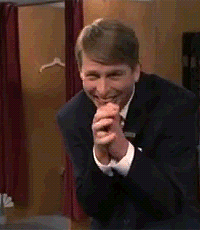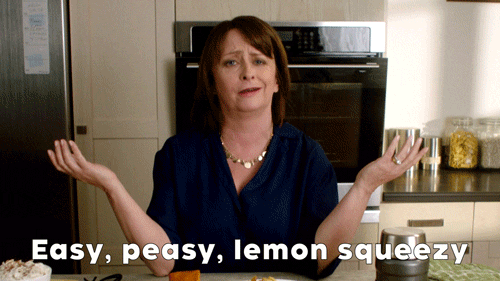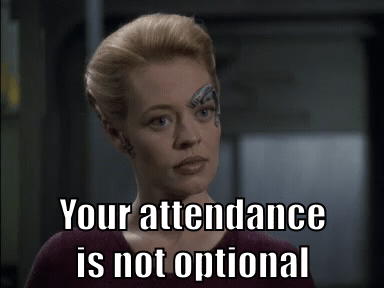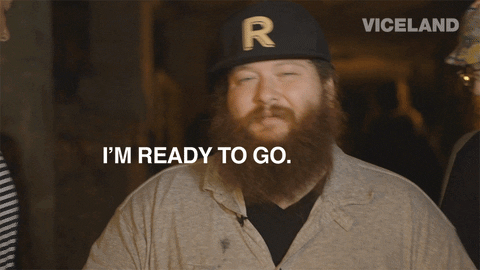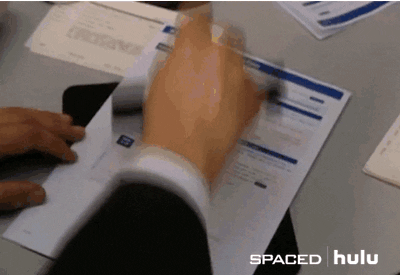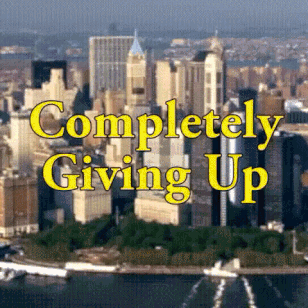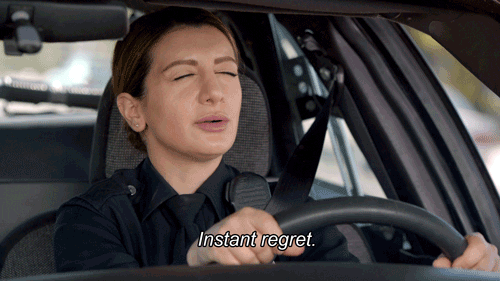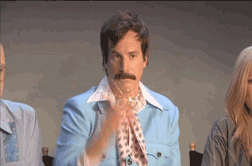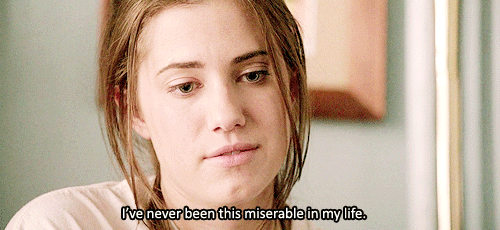I write while listening to the superb soundtrack...
We have now seen 7 of the 10 episodes of Season 1 of "Vinyl," the new HBO Original Series about the Rock ‘n’ Roll scene in 1970s New York City, and I for one am still not sure what gives. Is this about the characters or the music?
After six episodes — a “reasonable” sample size — I had the following assessment: this show is about the characters, with the time period and context simply acting as the canvas on which the characters are painted. In this assessment, the plot line was nothing new or unique: you had the main character, Richie Finestra, with a slew of major problems in his life from being at a murder scene to his wife running away because he can’t keep sober; Jamie Vine, the ambitious assistant working for Richie who has categorically “rebelled” from the opulent, clean, lifestyle of her family, and in particular her holocaust-surviving mother, who she cannot gain even an ounce of acceptance from because the mother disapproves of her choice to work hard at her passion; and then you have Richie’s Jewish partner, Zak Yankovich who wanted to do nothing more than sell their record company, take home a fat check, pay for his daughter’s bat mitzvah and live happily ever after off the money from the sale. All in all, nothing overly compelling in the plot-line.
The first two episodes left us unsure about whether this was, at the end of the day, a character show or a music show. We had Richie yelling “Let’s show people how rock ’n’ roll is supposed to make you feel!” in his effort to both find the purity of rock ‘n’ roll through all the junk and to bring his record label back from near bankruptcy. In this search, we had the discovery of the Nasty Bits—by Jamie Vine of all people—an early punk rock band, playing loud and messy – exactly what Richie was looking for. We were introduced to Lester Grimes, a guitar player with passionate vocals that was Richie’s first “discovery” before Richie was a big record executive; we saw Richie’s obsession with his musical purity and greatness when Richie tried convincing Lester to come back by tempting him with tapes of their first recordings. And that seemed to be where the music ended. During the middle episodes of the season it was all about the characters and their problems: Richie with his personal life from the murder scene to his wife running away with his children because he cant stay sober, Zak almost committing suicide worrying about money issues, Jamie and her unaccepting mother. But I for one did not care, and this is where the musical context, even as a canvas comes into play.
I kept watching—religiously—despite the focus on the characters, despite the plot line being nothing “new”, and because of the nostalgia for the era and the music. Executive Producers Martin Scorsese and Mick Jagger are intimately familiar with the period and the show holds nothing back: for one hour a week I feel like I'm living in 70s era New York City: the “gold” of rock ‘n’ roll. And that is a rush that will keep me coming back.
I am writing this after episode 7 because episode 7 fooled me. Richie and Zak go to hang out at a party in the Malibu beach house of Lou Meshejian, a rival music executive who bought Richie’s corporate jet, as Richie and Zak try to cut costs to keep their record company alive. The east-coast/west-coast identity is palpable in this excellent scene: Zak and Richie are trying to mingle at this “party” that is quite, calm, and peaceful, unlike their parties on the east coast – loud, wild, taking no prisoners. And now I start to be fooled by episode 7: Richie is talking to Gram Parsons who invites him to come watch the sunrise with them at Joshua Tree, telling him he will find “that thing of beauty that you lost or let go,” telling him he will feel “it.” I am convinced the narrative is coming back to the music, the “it” that Richie is looking for is music that “show[s] people how rock ‘n’ roll is supposed to make you feel!”
Fast Forward to Richie and Zak in Law Vegas, at an Elvis show. Zak cannot contain his angst at the fact that “the king of rock ‘n’ roll is singing about lettuce” in front of a bunch of grandmas. After the show Richie tries to convince Elvis to drop his label and sign with Richie, stressing that the king of rock ‘n’ roll has become diluted, soft, has “sold out;” a notion that is confirmed by the king when he tells Richie that his current label wants him to make two Christmas albums that year – albums where, as in Richie’s words, “artists go to die.”
I. Love. This. Scene. First the sunrise at Joshua Tree and now this – the show is getting back to the music, not only as a canvas but as the driving force for the plot line, albeit one riddled with regurgitated personal character issues. Despite Elvis’ manager—The Colonel—getting in the way of Richie signing Elvis, I'm elated because I'm convinced that something has changed: I used to watch the show despite the music being only a canvas just because I'm nostalgic for the rock ‘n’ roll, but now the music is regaining again the driving force of the plotline, like it was in the first two episodes. And in a matter of minutes all of this changes. I am utterly confused: the episode ends with a flashback showing Richie gamble away all of the money from the sale of their jet – enough money to keep the record label afloat for three months, without which they couldn’t be afloat for a single month. Why ruin a music episode with yet another character action, another character problem, bringing the show back to the characters?
Despite this music-heavy episode, I can no longer convince myself that this show is about the music because the episode ends with another Richie-centric moment. But you better the hell believe I’ll watch next week: nostalgia for rock ‘n’ roll is powerful enough to keep me coming back, regardless of the music’s roll in the plot line. For one hour a week, this visceral nostalgia for rock ‘n’ roll is satisfied; for one hour a week I escape to 1970s New York City, where rock ‘n’ roll is alive and booming.













